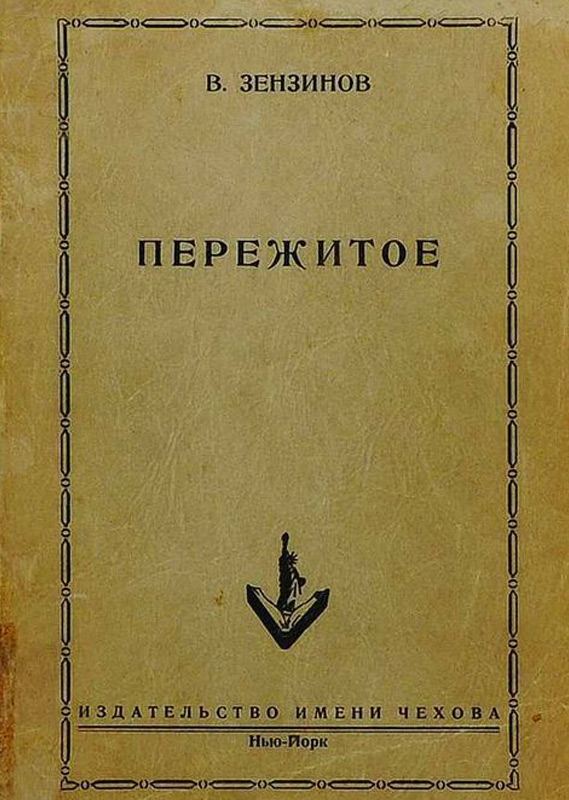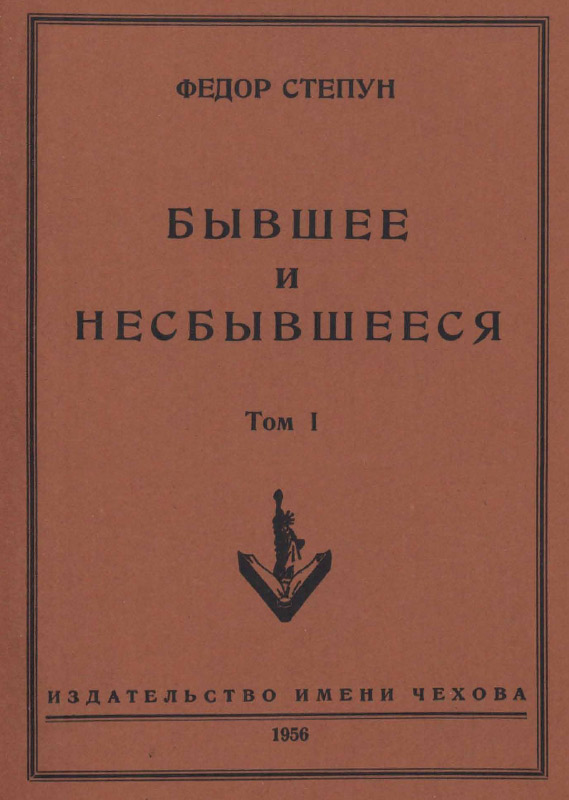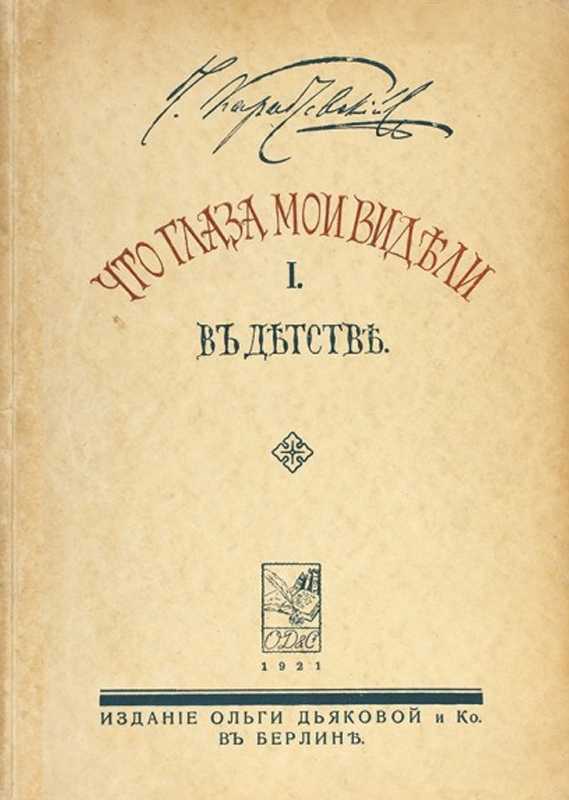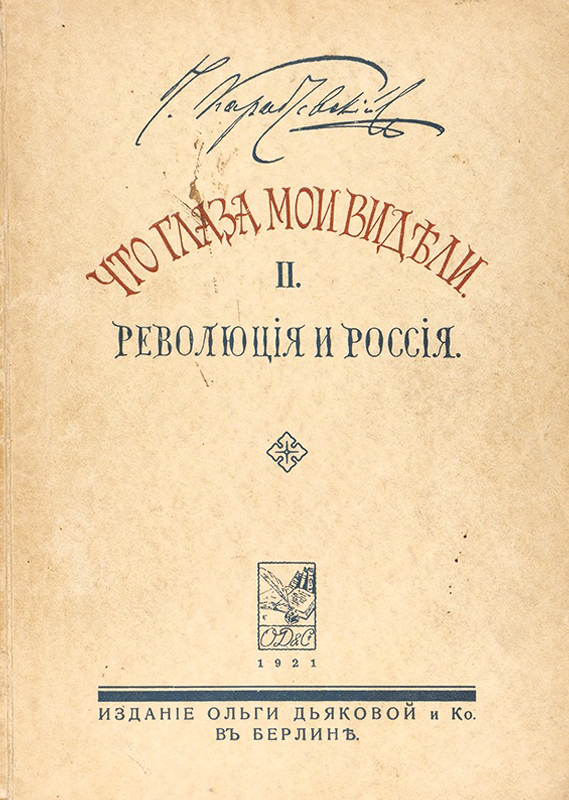Чтобы было удобнее, книгу можно заранее просмотреть:
- РАЗДЕЛЫ:
- Русские революции
Berkman A. Prison Memoirs of an Anarchist
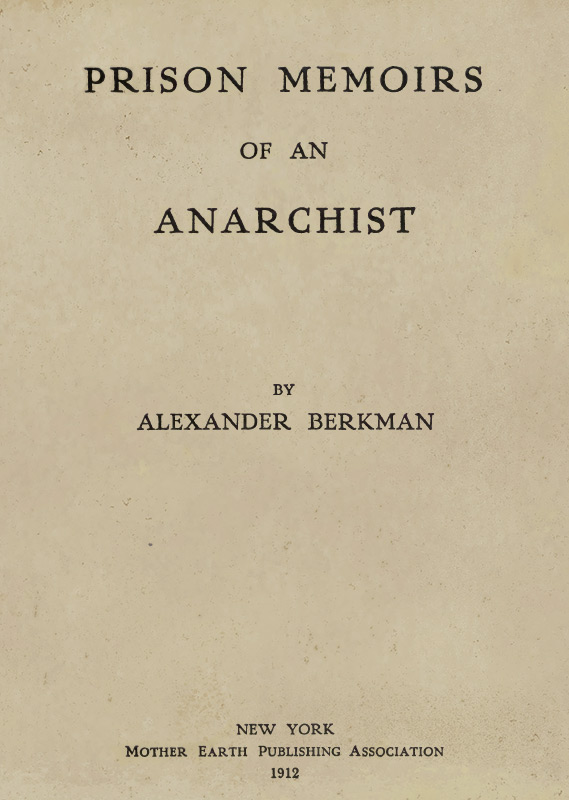
Место издания: New York
Год издания: 1912
Ключевые слова: анархисты, иноязычные источники, мемуары
Из предисловия Хатчинса Гарри Хэпгуда, американского писателя, журналиста и анархиста: эта книга является ярким доказательством силы человеческого духа. Александр Беркман провел четырнадцать лет в тюрьме — в условиях, пожалуй, более чем суровых и тяжелых. Тюремная жизнь имеет тенденцию разрушать тело, ослаблять разум и извращать характер. Беркман сознательно боролся с этими неблагоприятными, разрушительными условиями. Он заботился о своем теле. Он заботился о своем разуме. Он делал это упорно. Он чувствовал, что безумные идеи пытаются завладеть им. Безумие — естественный результат тюремной жизни. Оно всегда приходит. Этот человек чувствовал его, сознательно боролся с ним и преодолел его. То, что тюрьма повлияла на него — правда. Но он, по сути, спас себя. Общество пыталось уничтожить его, но не смогло.
Это единственная известная мне книга, которая глубоко вникает в развращающую, деморализующую психологию тюремной жизни. Она показывает, картинка за картинкой, набросок за наброском, не только очевидную жестокость, тупость, уродство, пронизывающие это учреждение, но, что очень трогательно, она показывает добрые качества и инстинкты человеческого сердца, извращенные, деморализованные, беспомощно борющиеся за жизнь; прекрасные наклонности, выражающие себя в низменном виде. И Беркман проходит через все это; идеалист, мужественный, бескомпромиссный, искренний, правдивый, не затронутый, как я уже говорил, своим окружением, но остающийся самим собой.
Но есть и другие аспекты книги, которые интересны и ценны в более особом, более ограниченном смысле; аспекты, которые заинтересуют лишь сравнительно немногих, и которые вызовут неприятие и враждебность многих. Русское нигилистическое происхождение Беркмана, его анархический опыт в Америке, его покушение на жизнь Фрика — покушение, предпринятое во время жестокого промышленного кризиса, покушение, предпринятое в результате искренней, хотя и фанатичной веры в то, что он призван своей судьбой нанести психологический удар по угнетенным членам общества — эта часть книги вызовет крайнее несогласие и неодобрение его идей и его поступка.
Но я не вижу причин, почему бы и это, и все остальное не рассматривать как неотъемлемую часть человеческого документа, как часть записи жизни, с ее социальными и психологическими предложениями и объяснениями. Почему бы не попытаться понять честного человека, даже если он чувствует себя призванным к убийству? Там тоже есть свои уроки. Читайте, чтобы понять. Читайте, не чтобы согласиться, но читайте, чтобы увидеть.
INTRODUCTION: I wish that everybody in the world would read this book. And my reasons are not due to any desire on my part that people should join any group of social philosophers or revolutionists. I desire that the book be widely read because the general and careful reading of it would definitely add to true civilization.
It is a contribution to the writings which promote civilization; for the following reasons: It is a human document. It is a difficult thing to be sincere. More than that, it is a valuable thing. To be so, means unusual qualities of the heart and of the head ; unusual qualities of character. The books that possess this quality are unusual books. There are not many deliberately autobiographical writings that are markedly sincere; there are not many direct human documents.
This is one of these few books.
Not only has this book the interest of the human document, but it is also a striking proof of the power of the human soul. Alexander Berkman spent fourteen years in prison; under perhaps more than commonly harsh and severe conditions. Prison life tends to destroy the body, weaken the mind and pervert the character.
Berkman consciously struggled with these adverse, destructive conditions. He took care of his body. He took care of his mind. He did so strenuously. It was a moral effort. He felt insane ideas trying to take possession of him. Insanity is a natural result of prison life. It always tends to come. This man felt it, consciously struggled against it, and overcame it. That the prison affected him is true. It always does. But he saved himself, essentially. Society tried to destroy him, but failed.
If people will read this book carefully it will tend to do away with prisons. The public, once vividly conscious of what prison life is and must be, would not be willing to maintain prisons. This is the only book that I know which goes deeply into the corrupting, demoralizing psychology of prison life. It shows, in picture after picture, sketch after sketch, not only the obvious brutality, stupidity, ugliness permeating the institution, but, very touching, it shows the good qualities and instincts of the human heart perverted, demoralized, helplessly struggling for life; beautiful tendencies basely expressing themselves. And the personality of Berkman goes through it all; idealistic, courageous, uncompromising, sincere, truthful; not untouched, as I have said, by his surroundings, but remaining his essential self.
What lessons there are in this book ! Like all truthful documents it makes us love and hate our fellow men, doubt ourselves, doubt our society, tends to make us take a strenuous, serious attitude towards life, and not be too quick to judge, without going into a situation painfully, carefully. It tends to complicate the present simplicity of our moral attitudes. It tends to make us more mature.
The above are the main reasons why I should like to have everybody read this book.
But there are other aspects of the book which are interesting and valuable in a more special, more limited way; aspects in which only comparatively few persons will be interested, and which will arouse the opposition and hostility of many. The Russian Nihilistic origin of Berkman, his Anarchistic experience in America, his attempt on the life of Frick — an attempt made at a violent industrial crisis, an attempt made as a result of a sincere if fanatical belief that he was called on by his destiny to strike a psychological blow for the oppressed of the community — this part of the book will arouse extreme disagreement and disapproval of his ideas and his act.
But I see no reason why this, with the rest, should not rather be regarded as an integral part of a human document, as part of the record of a life, with its social and psychological suggestions and explanations. Why not try to understand an honest man even if he feels called on to kill? There, too, it may be deeply instructive. There, too, it has its lessons. Read it not in a combative spirit. Read to understand. Do not read to agree, of course, but read to see.
Hutchins Hapgood.
Доступ к книгам был, есть и будет бесплатным, это принципиально. Но если вы хотите сказать «спасибо», то для этого у нас есть специально обученная кнопка:
